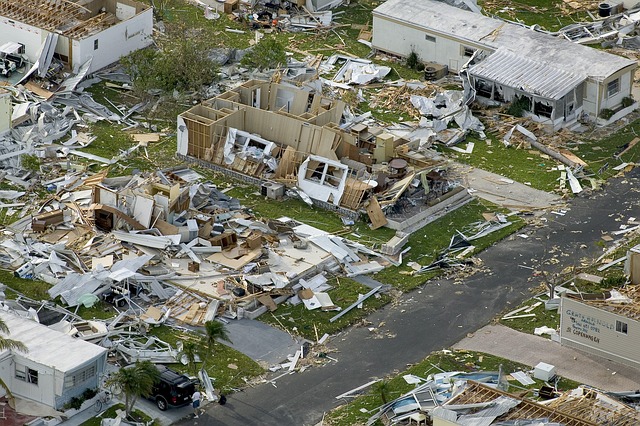Broken Heart Syndrome: The Medical Result of Tragedy

Massive spikes in cases of Takotsubo cardiomyopathy, or "broken heart syndrome," have been identified in the U.S. directly following large-scale incidents of tragedy, such as a natural disaster.
According to the preliminary findings of new research out from the University of Arkansas, rises in the region rate of broken heart syndrome can be directly associated with when and where natural disasters and other large-scale catastrophes occur.
The findings of this research are slated to be presented at the American College of Cardiology's 63rd Annual Scientific Session sometime this weekend.
In a American College of Cardiology (ACC) press release published prior to the meeting, researchers behind the study revealed key details from their findings.
According to the researchers, using a nationwide hospital discharge database, they were able to identify nearly 22,000 cases of broken heart syndrome in 2011. Using this data, the research team mapped the cases state-by-state.
According to the release, the researcher were quickly able to identify Vermont a state with at least twice as many cases of the unusual heart condition than any other state. They explained that this was the year Vermont had been hit by Hurricane Irene, causing more residential destruction and natural-disaster related deaths than the state had seen in the last eight decades. Missouri also showed an unusually high number of cases of broken heart syndrome per million citizen right around and after the time that a massive tornado tore through several neighborhoods, destroying homes and killing at least 158 people.
Lead investigator of the study, Sadip Pant, M.D., explained that these findings help argue that the emotional brain-heart connection is a very real thing, where extreme stress and depression can lead to serious and dangerous heart conditions such as Takotsubo cardiomyopathy.
Patients with broken heart syndrome often report symptoms that are similar to those of a heart attack and result in a temporary weakening of heart tissue that can last up to a couple months.
According to Pant, while physicians acknowledge the existence of Takotsubo cardiomyopathy, little is known about it.
This latest study of the condition is scheduled to be presented at American College of Cardiology's 63rd Annual Scientific Session this weekend.
A preliminary press release about the presentation was published on March 27.
The study has not been published in a peer-reviewed journal and should be vewied as preliminary findings until the time of official publication.
© MD News Daily.
